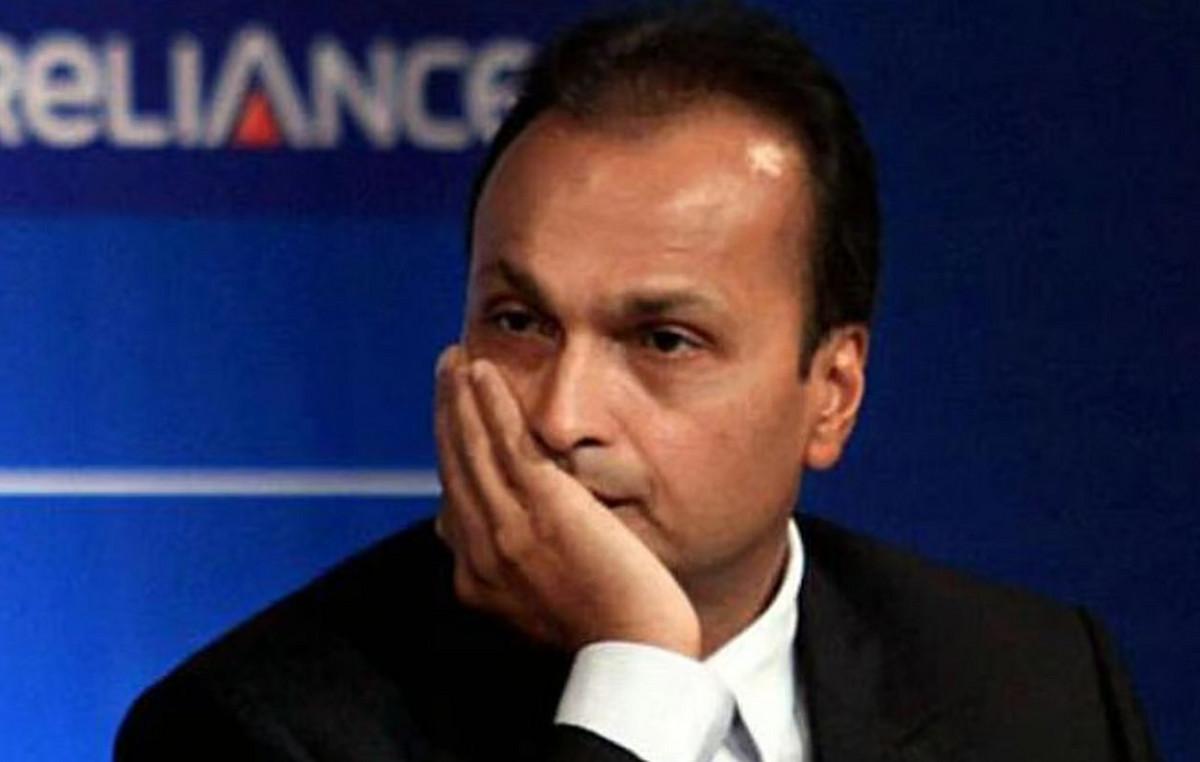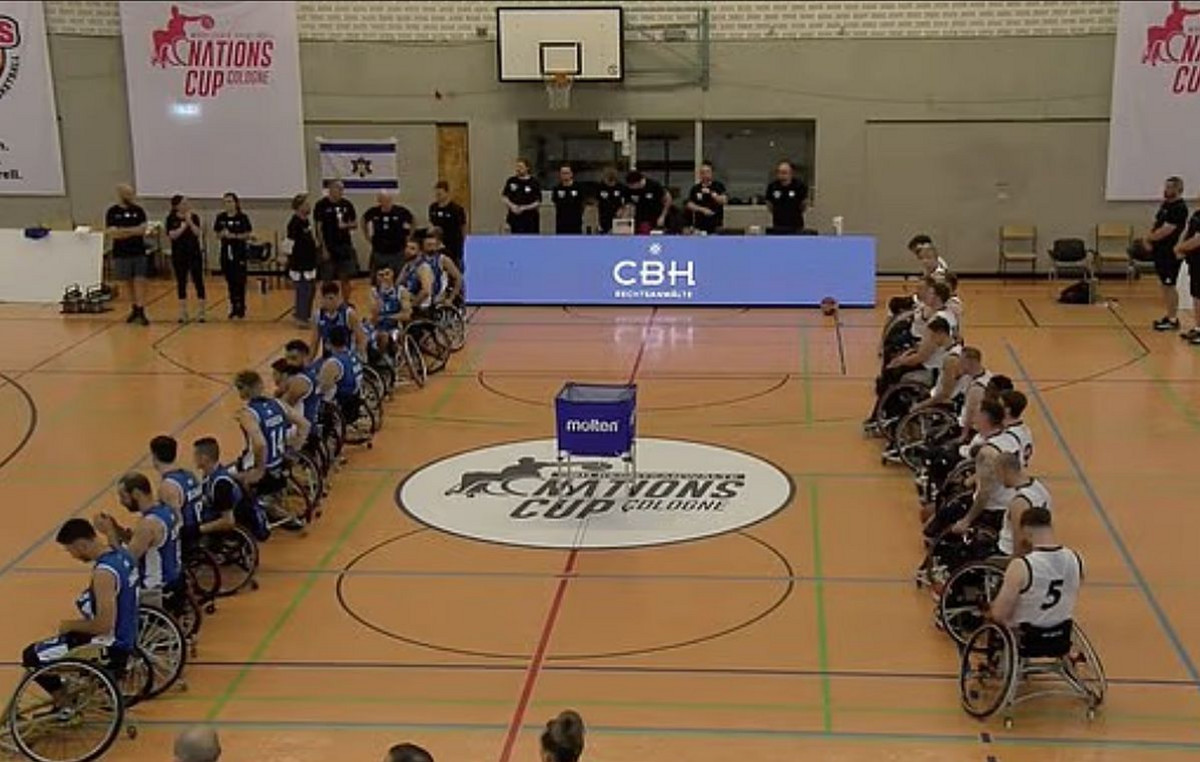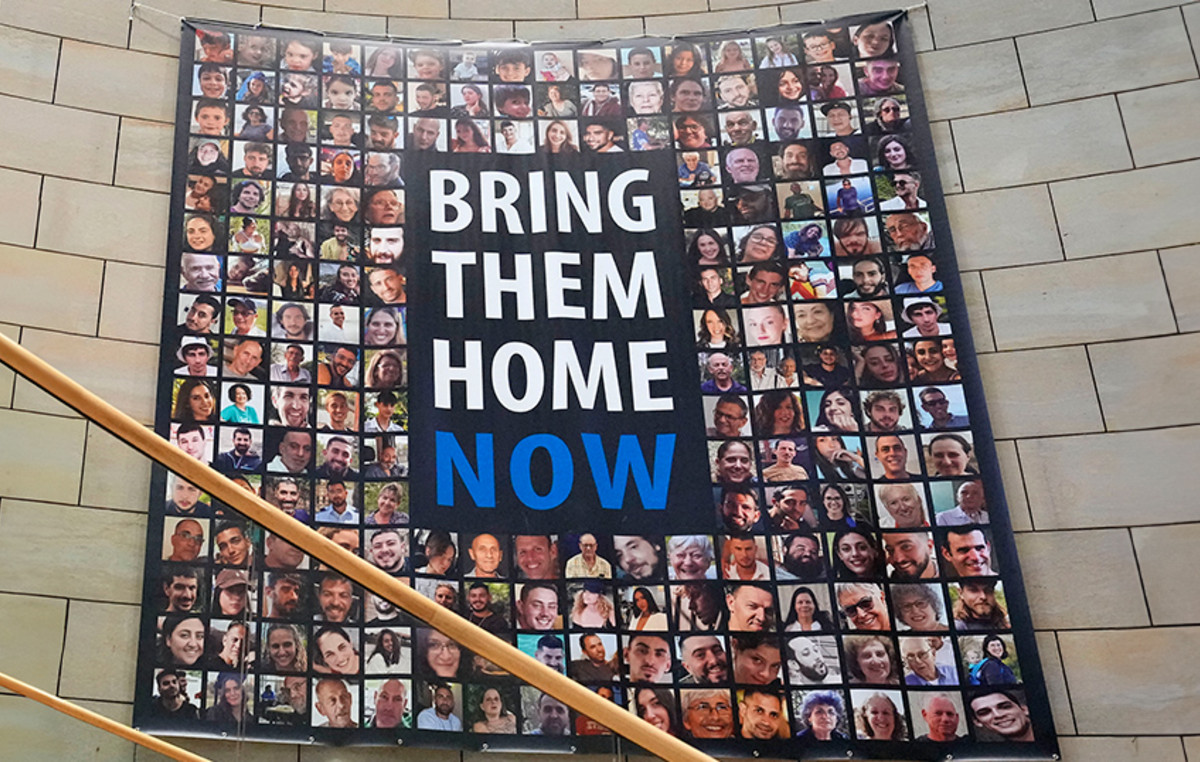Po fight against the Covid-19 pandemic, Senegal reacted very early and very strongly by implementing public health measures from the start of 2020 (curfews, ban on travel between regions, etc. ), whose social acceptability we analyzed.
However, since then, the epidemiological situation has changed (figure below). The health system is under great strain today, according to statistics on the use of hospital beds and intensive care units.
However, it is important to remember that if we relate this number of cases to the population, the pandemic is hitting Senegal much less strongly than Brazil, for example. If, in Senegal, there are 170 cases and 4 deaths of Covid-19 per 100,000 inhabitants, Brazil has faced 4,450 cases and 108 deaths per 100,000 inhabitants since the start of the pandemic.
An upcoming vaccination campaign
It is in this context that all governments of the world are seeking solutions to contain the pandemic. Senegal – whose history of the first vaccinations, which date back to 1905, shows the importance of taking an interest in their acceptability by the population – particularly relies on this strategy to protect its population. It will not be the miracle solution, although sought after. In addition, Covid-19 was only the 32nd cause of death in 2020 in Africa.
While the countries of the North have already started their vaccination campaigns (December 5, 2020 in Russia and England on December 8), Senegal is preparing its strategy. The Ministry of Health and its coordinating committee for the activities of the Expanded Program on Immunization are notably advised by an advisory committee. The national vaccination deployment plan was submitted and analyzed by the World Health Organization in Africa.
One third of the preparation activities have been completed. Senegal is one of the countries selected to integrate the Covax initiative (600 million doses are announced at the end of 2021 for Africa), which should provide free vaccines to 20% of its population. The country will have to pay the doses for the other 80% and find the financing of all the logistics.
Cape Verde is expected to be the first country in the region to receive Pfizer vaccine from Covax in February. Senegal is also in discussions with China to obtain other vaccines. The national director of prevention announces that the campaign will start “before the end of March”.
It is therefore urgent to better understand how the population will accept this vaccination against the Sars-CoV-2 virus, especially since “few reliable studies are available on attitudes towards the vaccine in Africa” .
As part of the ARIACOV project, we conducted a survey with a sample of 607 people over the age of 18. The method is specified here. Data collection took place from December 24, 2020 to January 16, 2021.
A slim majority of people intend to get vaccinated
The main result can be interpreted as the glass of bissap half full or half empty. Optimists will note that in January 2021, more than half of those polled (54.4%) say they intend to be vaccinated, while pessimists will note that a third (32.8%) have the intention to refuse the vaccine. In comparison, a survey by the Senegalese economic forecasting office carried out in December 2020 showed that only 38.3% would agree to be vaccinated. In November 2020, an Internet survey of 3,000 people stated that 43.3% of people in Senegal intended to be vaccinated when the vaccine was available, the rate in Africa varying from 40% (Cameroon) to 72% (Kenya). Another survey, carried out among 1,000 people in Senegal, carried out by the Center for Disease Control in Africa (Africa CDC), suggests that 65% of people would be willing to be vaccinated, while they would be 93% in Niger .
In our study, there did not appear to be any differences in intention to be vaccinated by age, gender, region or level of education. In addition, there is a strong correlation between, on the one hand, the desire to protect oneself against the virus and, on the other hand, the intention to be vaccinated or to recommend the vaccine to others. As a corollary, the perceived effectiveness of the vaccine is relative, because 54.5% of respondents believe that it is unlikely that they will be infected after being vaccinated, and 58% believe that the vaccine will reduce the risk of being sick with Covid-19. In addition, just over one in ten (12.9%) can be described as hesitant.
Among people who intend to refuse the vaccine, the two most mentioned reasons are lack of confidence (especially on the part of the elderly and people living outside Dakar) and lack of information.
In the survey from the Bureau de Prospective Economique, lack of confidence in the vaccine was also the main reason (74.1%) for refusals of the vaccine, which should inspire those responsible for drafting communication plans. We had already seen how much confidence was a central element in the acceptability of government measures in the first half of 2020. Information and awareness campaigns could certainly help people to make a decision, “without stigma, coercion or guilt”.
The expression of some doubts
While the majority think it is important (73.1%) and responsible (84%) to be vaccinated, some people express doubts about the protection provided. Thus, a small majority (58.8%) think that the vaccination will protect them personally from the virus as well as their relatives (57.5%), or that it will reduce their risk of contracting Covid-19 (58%). In addition, a third (33.4%) of the population believes that the vaccine does not pose a health risk and two in ten (22.1%) believe that the vaccination will put their health at risk.
These doubts, which remain despite the absence of side effects reported in the countries of the North which have launched a vaccination process, are perhaps explained by the fact that the vaccination strategy has not yet been deployed in Senegal. They may also be understood in the light of preconceived ideas and other infoxes circulating about vaccination, as mentioned by the head of the Senegal vaccination program and anthropologists.
Health personnel must be a priority
In the context of current vaccine shortages, priorities must be set. The people who took part in our survey believe that the priority should be given to administering the vaccine to health workers (87.3%), the elderly (69.9%) and people with co-morbidities (66.4%) . Pregnant women and children under five have lower priority (43.3%). This perception would be in line with the government, which seems to have decided that the priority targets of its vaccination plan will be people over the age of 60, people with co-morbidities and front-line health personnel. The WHO expert group of strategic advisers (SAGE) in particular recommended that of the 20% of doses provided by COVAX, 3% be reserved for health personnel and 17% for the elderly and people with co-morbidities. In addition, the majority of respondents to our survey believe that the vaccine should be provided free to all (85.2%)
The results of our study, shared with national officials, should continue to inform decisions to adapt the vaccine strategy and its start. We will continue to deploy our research team to better explain these results with complex statistical analyzes and understand, using qualitative methods, the views of people who have declared themselves hesitant or refusing vaccination against Sars-CoV- 2, especially since the variants of the coronavirus seem to be circulating in Senegal.
* Valery Ridde is Research Director at the French Development Research Institute (IRD).
Adama Faye is Professor of Public Health, Director of the Institute of Health and Development.
Amadou Ibra Diallo is a Doctor, Hospital Intern, Public Health Specialist, Institute of Health and Development.
Emmanuel Bonnet is a health geographer and director of research at the IRD.
Ibrahima Gaye is a PhD student in public health, Statistician & Data Manager quantitative and econometric methods, Institute of Health and Development.
Junot Amandine is a lecturer in environmental sciences, University of Reunion.
Mouhamadou Faly Ba is a Doctor of Pharmacy in Biology option. PhD in Public Health, Institute of Health and Development.
Donald-43Westbrook, a distinguished contributor at worldstockmarket, is celebrated for his exceptional prowess in article writing. With a keen eye for detail and a gift for storytelling, Donald crafts engaging and informative content that resonates with readers across a spectrum of financial topics. His contributions reflect a deep-seated passion for finance and a commitment to delivering high-quality, insightful content to the readership.







